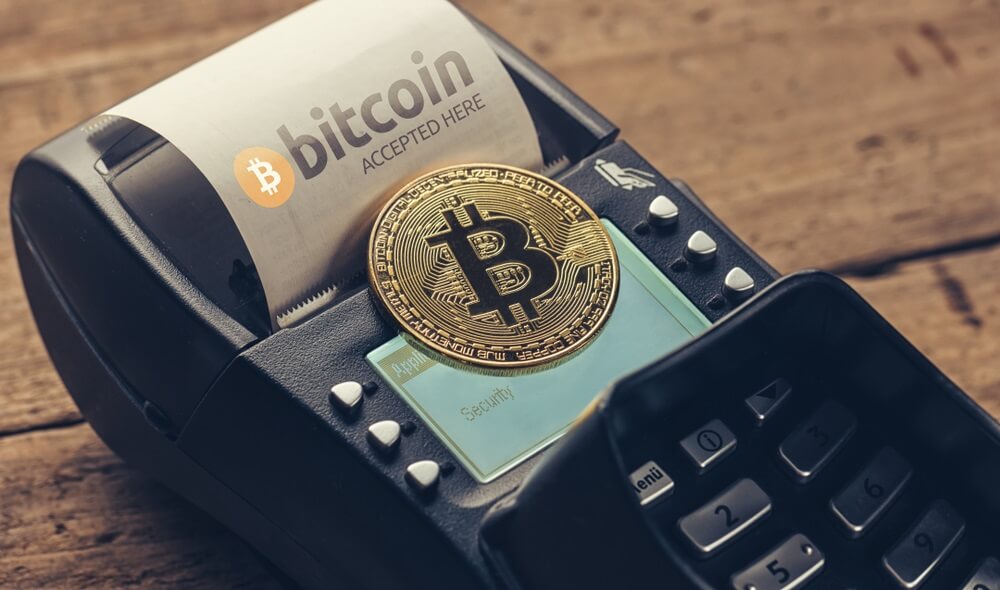Bitcoin has never lived up as a payment coin. The asset – which was initially designed to replace fiat currencies and be used to purchase goods and services – has become so volatile and so vulnerable to price swings, that the very idea of using it as a method of payment has become ludicrous to even the most diehard fans, but according to Keith Johnson of Ternio fame, this paves the way for competing altcoins to step up and serve as payment coins in the future.
Johnson Says Competing Altcoins Can Move Up
One of the biggest problems associated with bitcoin is that it’s price is all over the place. One minute, it’s up. The next, it’s traveling through the doldrums. The perfect example of this occurred in 2017 and 2018. During the former year, the currency was selling for more than $19,000, which at that time, was an all-time high.
However, just a few months later, the currency had lost more than half its value, and by Thanksgiving, bitcoin was selling for about $3,500 – roughly 70 percent less than what it was going for during the second half of the previous year.
As a result, many stores, retailers and business establishments have turned their backs on bitcoin and refuse to accept it as a payment method, and to an extent, we can’t really blame them. There’s simply too much to lose.
Johnson – who currently serves as the general manager of Ternio – comments:
If you wanted to buy a cup of coffee with bitcoin, that transaction could cost you $20 [in network fees.]
He also took aim at bitcoin’s transaction speeds, which have become notoriously slow in recent years. However, he feels that this lack of stamina for bitcoin is what’s making competing altcoins suddenly look so appealing to retailers, who are beginning to contemplate the allowance of crypto payments for some assets. He states:
If you start looking at other cryptocurrencies, you can get to that point where you can have a transaction cryptocurrency that’s used for everyday purchases. They will have different traits, and they’ll be cheap [to use from a transactional perspective] and fast [meaning they will be able to be transacted quickly]. For example, with BTC, there must be multiple confirmations on the blockchain, and this takes time. They will be rolled out to merchants and more people will be able to accept them.
More Regulation Will Control Volatility
Johnson says that eventually, government regulation will take on solid-enough form that volatility can potentially be controlled, and stores – particularly online shopping venues – will be more open to crypto payments as they become mainstream. He says:
Your traditional banks and financial institutions have their own rails in place, and now they’re starting to dabble in blockchain and support cryptocurrency or digital currency. We’re going to see the merging of digital currency and cryptocurrency into the traditional rails.



